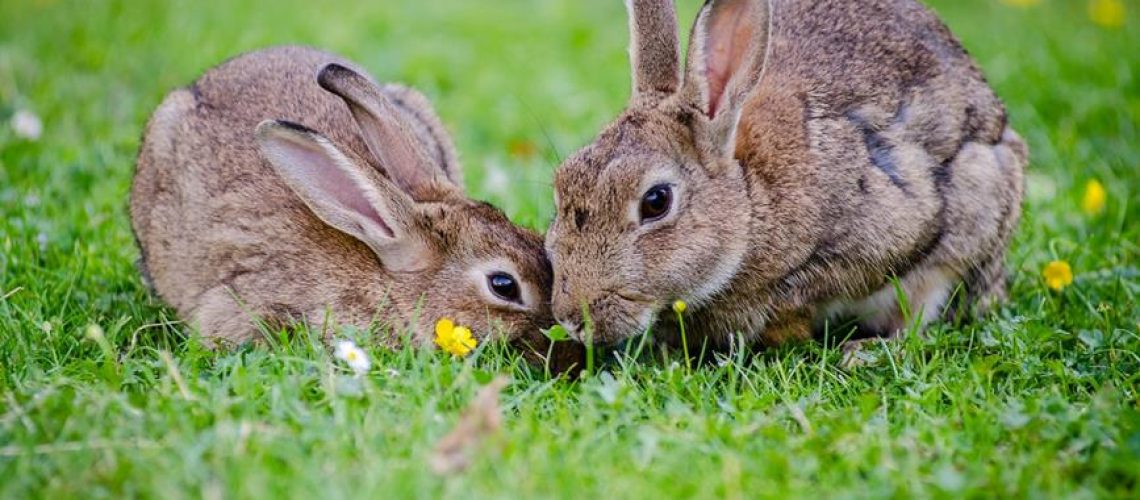Nectarines, renowned for their abundant health benefits in humans, have garnered attention as a potential addition to a rabbit's diet. As herbivores, rabbits rely on a plant-based diet, making it essential to understand the suitability of nectarines for their nutritional needs.
This article explores the topic, providing informative guidelines and advice on feeding nectarines to rabbits. From the nutritional benefits to potential risks, we delve into the importance of moderation and maintaining a balanced diet for the optimal health of our furry companions.
Key Takeaways
- Nectarines are packed with vitamins A, C, and E, as well as potassium, fiber, and antioxidants.
- Rabbits should primarily have a diet of hay or grass, but nectarines can provide essential vitamins and minerals.
- Feeding nectarines in moderation as treats can help minimize sugar cravings for rabbits.
- It is important to wash nectarines thoroughly, remove pits, and monitor rabbits for any signs of digestive upset after consuming nectarines.
Nutritional Benefits of Nectarines for Rabbits
Nectarines offer a range of nutritional benefits that can contribute to the overall health and wellbeing of rabbits when incorporated into their diet in moderation.
These fruits are packed with essential vitamins and minerals, including vitamins A, C, and E, as well as potassium, fiber, and antioxidants.
While rabbits primarily require a diet of hay or grass, incorporating nectarines as treats can provide them with additional nutrients. However, it is crucial to feed nectarines in moderation to prevent health complications such as obesity, tooth decay, and digestive issues.
Offering small pieces of nectarines, approximately one teaspoon, once or twice per week is recommended. Additionally, thoroughly washing the fruits and removing the pits is essential to ensure the safety of rabbits.
Monitoring the rabbits for any signs of digestive upset after consuming nectarines is also important.
Understanding the Rabbit Diet
To properly understand the rabbit diet, it is important to consider the natural eating habits and nutritional needs of these herbivorous animals.
- Rabbits are herbivores, meaning their diet primarily consists of plant-based foods.
- The main component of their diet should be hay or grass, which provides essential fiber for their digestive system.
- Hay promotes healthy teeth and helps prevent dental issues that rabbits are prone to.
- The high fiber content in hay also aids in maintaining a healthy gut.
In addition to hay, rabbits require leafy greens, such as kale or spinach, to provide essential vitamins and minerals.
- Pellets formulated specifically for rabbits can also be included in their diet, but should be given in moderation.
- Occasional treats, like small pieces of nectarines, can be given as long as they are fed sparingly and do not comprise the main diet.
Understanding the rabbit diet and providing a balanced nutrition is crucial for their overall wellbeing and to prevent health issues.
The Importance of a Balanced Rabbit Diet
A balanced rabbit diet plays a crucial role in ensuring the overall health and wellbeing of these herbivorous animals. Providing rabbits with a well-balanced diet has numerous benefits and is essential for promoting their wellbeing.
A balanced rabbit diet consists primarily of hay or grass, which provides the necessary fiber for their digestive system. Leafy greens, pellets, and occasional treats should also be included in their diet. By offering a variety of foods, rabbits receive essential vitamins, minerals, and nutrients that support their overall health.
Feeding rabbits a balanced diet helps prevent health issues such as obesity, dental problems, and digestive issues. Overfeeding sugary fruits or starchy vegetables can lead to complications, so it's important to know which foods are safe for rabbits. Moderation is key, and treats like nectarines should be given sparingly to prevent excessive sugar intake.
Potential Risks of Feeding Nectarines to Rabbits
Feeding nectarines to rabbits carries potential risks that should be considered for their overall health and wellbeing. It is important to be aware of the following potential risks:
- Digestive issues: Rabbits have sensitive digestive systems, and consuming excessive amounts of nectarines can lead to digestive upset and diarrhea. The high sugar content in nectarines can disrupt the balance of beneficial bacteria in a rabbit's gut, causing discomfort and potential health complications.
- Excessive sugar intake: Nectarines are naturally sweet and contain a significant amount of sugar. Rabbits have a limited tolerance for sugar and too much can lead to obesity, tooth decay, and other health issues. It is crucial to monitor the amount of sugar rabbits consume to prevent these complications.
Guidelines for Feeding Nectarines to Rabbits
How should nectarines be incorporated into a rabbit's diet?
When it comes to feeding nectarines to rabbits, moderation is key. Nectarines can be offered as an occasional treat, rather than a regular part of their diet. It is important to offer small pieces of nectarines, approximately one teaspoon, once or twice a week.
Before feeding, make sure to thoroughly wash the nectarines to remove any pesticides or chemicals. Additionally, it is crucial to remove the pits to avoid choking hazards or digestive blockages. Monitor your rabbits closely for any signs of digestive upset after consuming nectarines.
If you are looking for alternatives to nectarines for rabbit treats, there are plenty of options available. Some safe and healthy alternatives include small pieces of apples, pears, strawberries, or leafy greens like kale or spinach. Just remember to introduce new treats gradually and in moderation to prevent any potential digestive issues.






